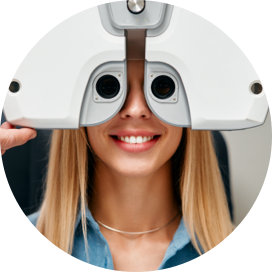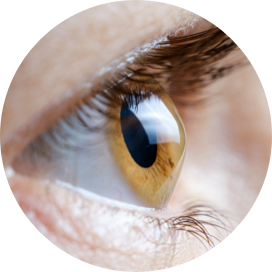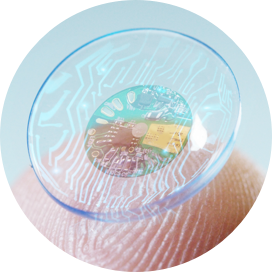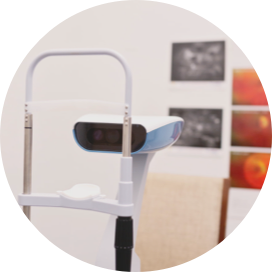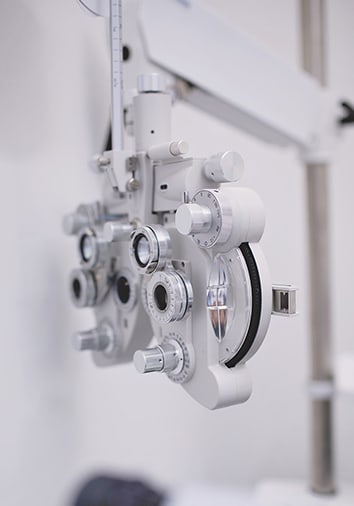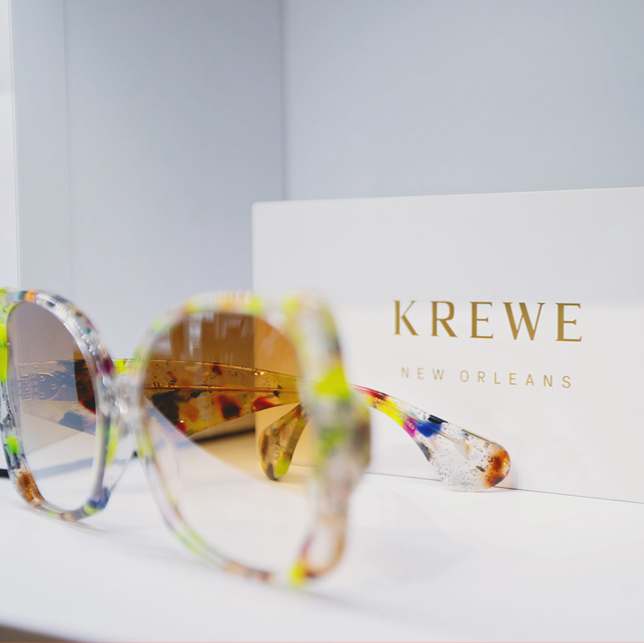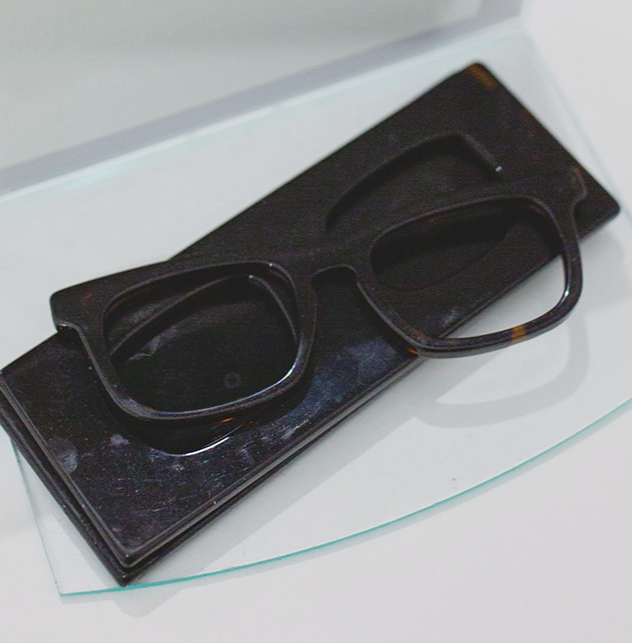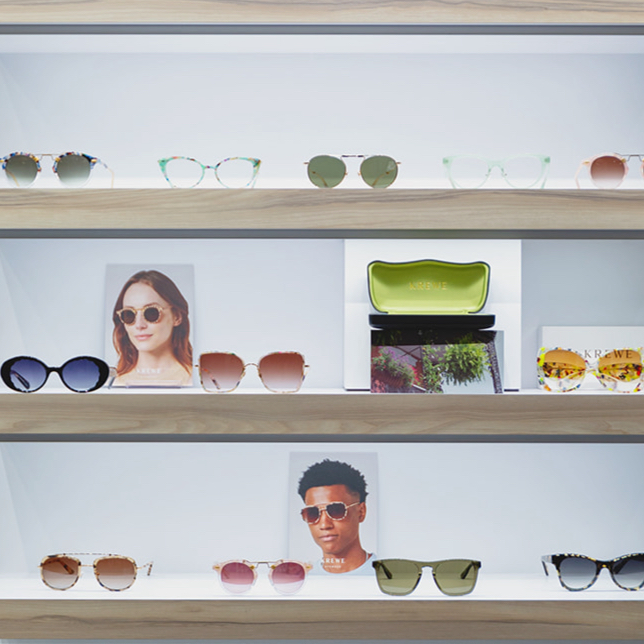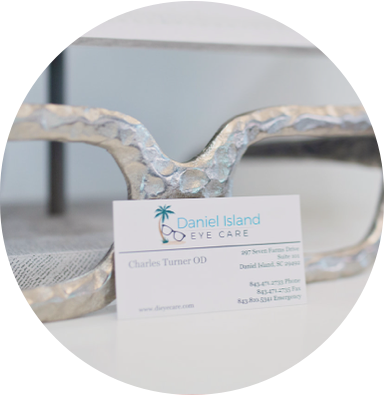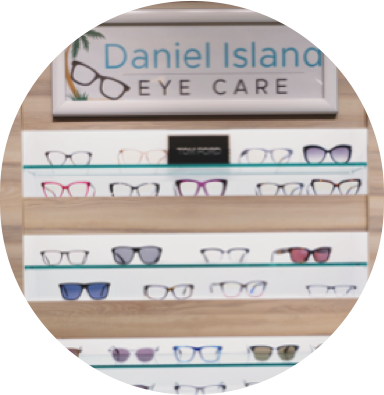Several things can protect your eyes and vision, like having regular eye exams and wearing protective eyewear, like sunglasses. Looking for new sunglasses can be exciting, with many colors and styles available. But you might not be sure whether to get regular UV or polarized sunglasses.
Polarized lenses have a special filter that blocks intense reflected light, reducing glare and providing clearer vision. Polarized sunglasses may be better for you as they can improve visual comfort and reduce eye strain if you spend considerable time outdoors.
What are Polarized and Non-Polarized Sunglasses?
The main difference between polarized and non-polarized sunglasses is how they filter light.
Non-polarized sunglasses or UV-protected lenses shield your eyes from harmful UV rays. While they reduce the overall amount of light that reaches your eyes, they don’t specifically target glare caused by reflective surfaces.
Polarized lenses reduce glare by blocking horizontal light. When light reflects off uneven objects or surfaces, it scatters before it enters your eyes. With smooth surfaces, such as water, snow, or metal, it reflects directly into your eyes and makes it difficult to see. Polarized lenses have a special vertical filter that blocks horizontal light and only allows vertical light, thus eliminating glare and significantly improving visibility.
Another difference between polarized and non-polarized sunglasses is the way they affect the appearance of what you’re looking at. Non-polarized sunglasses can darken everything you see, making colors appear less vibrant. Polarized lenses don’t affect color perception as much, so you’ll see more vivid colors and details.
Why Choose Polarized Sunglasses?
Now that we know the difference between polarized and non-polarized sunglasses, are polarized sunglasses better for you? The short answer is it depends on what you’re using them for.
Polarized sunglasses can be a great investment if you’re around snow or water, whether it’s for skiing, fishing, boating, or just lounging on the beach. They’ll help you see more clearly into the water and reduce the glare that can strain your eyes.
Benefits of Polarized Sunglasses
It’s important to note that not all polarized sunglasses protect your eyes against harmful UV exposure unless otherwise labeled. Your eye doctor can help you find a pair of sunglasses with polarization and UV protection, as overexposure to UV can lead to eye problems. Polarized sunglasses offer several benefits that traditional sunglasses don’t provide.
Reduced Glare & Reflection
Polarized sunglasses reduce glare from reflective surfaces, such as water, snow, roads, and other cars. When you don’t have direct glare, you see more comfortably and clearly, especially in bright, sunny conditions.
Reduced Eyestrain
Polarized sunglasses can help reduce eye strain and fatigue, which can occur when you’re constantly squinting in bright light. This can be especially helpful if you spend a lot of time outdoors, as eye strain can lead to headaches, blurred vision, and other uncomfortable symptoms.
Increased Contrast & Minimal Color Distortion
Polarized sunglasses don’t only reduce glare but also slightly increase the contrast, which can make it easier to see things clearly in bright light. High-quality polarized sunglasses have minimal color distortion, which helps for activities like driving, where accurate color perception is essential for safety.

When Are Polarized Sunglasses Not Better for You?
Polarized sunglasses have their benefits, but there are certain situations where they might not be better for you, such as with the following drawbacks:
- Polarized sunglasses can make it difficult to see LCD screens like a dashboard in a car.
- Polarized sunglasses can also react negatively with certain tints on windshields.
- Polarized sunglasses aren’t suitable for use in aviation or flying.
- The darkened lens in polarized sunglasses can make it difficult to see and drive at night or in low-light situations.
- Polarized sunglasses can affect those sensitive to how the lenses change the lighting.
If you’re unable to wear polarized sunglasses for work, convenience, or safety reasons, speak to your eye doctor about alternatives, such as:
- Sunglasses with anti-reflective coating.
- Mirrored sunglasses help decrease how much light enters your eyes.
- Photochromic lenses automatically darken when exposed to a certain amount of light.
Eye & Vision Protection on Daniel Island
Polarized sunglasses can protect your eyes from harmful UV rays and glare, providing enhanced visual clarity and comfort. But they might not be the best option for everyone.
Choosing the right sunglasses for you doesn’t have to be a challenge. When you book an appointment with Daniel Island Eye Care, our professional team can help you choose what’s best for your needs.


